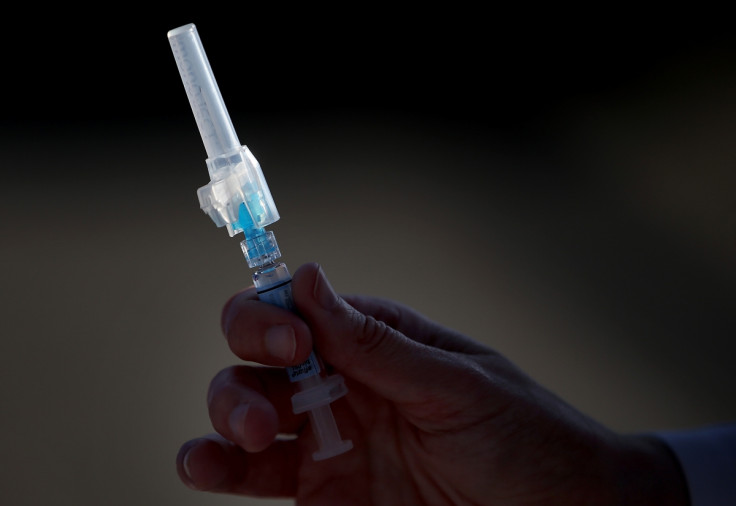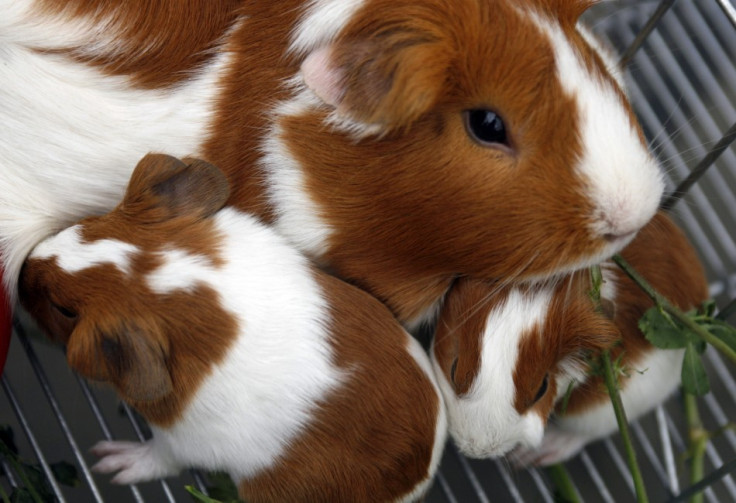Genital herpes vaccine shows promise for millions infected worldwide
The trivalent vaccine has been tested in guinea pigs and macaques.

A new vaccine candidate against genital herpes has shown promising results in animals models, scientists have announced. The findings are likely to lead to human clinical trials.
Genital herpes is a global scourge, affecting more than 400 million people worldwide. Caused by the genital herpes virus (HSV2), this sexually transmitted disease is characterised by painful blisters on the genitals – although in some people, the infection remains quiescent.
It is a chronic condition, which means that it remains in the body in the long-term and can become active again even after years have passed.
Genital herpes also makes it more likely for someone to become infected with HIV and can cause life-threatening infections to infants born to infected mothers.
The public health burden of genital herpes is thus very important, so finding a vaccine that effectively fights the virus and prevents it from taking hold in the body is a priority.
A potentially interesting candidate might now be on the horizon after scientists from University of Pennsylvania have shown its protective effects in guinea pigs and macaques. The complete findings are published in PLOS Pathogens.
Trivalent vaccine
The team wanted to find a vaccine that would block the ability of the virus to break in host cells and stops it from evading an attack by the immune system. Recent efforts to design an effective vaccine have focused on inducing antibodies to target a protein on the virus's outer envelope, known as gD2, which is known to help it enter the cells.
However, this approach alone does not offer sufficient protection against the virus so in this research, the scientists decided to test a trivalent vaccine.
Not only does this vaccine induce antibodies that act against gD2, it also targets two other proteins on the virus' surface – gC2 and gE2. This last one in particular is known to help HSV2 evade the immune response and survive in the host on the long term.
The virus candidate was tested in guinea pigs and macaque models of a genital herpes infection, and showed promising results in both. Guinea pigs can develop very severe genital infection when infected with HSV2. However, they appeared to be almost completely protected from genital lesions after receiving three shots of the vaccine.

Only of a fraction of the viral DNA that remained after vaccination was capable of replicating in cells. The vaccine also reduced the number of days the guinea pigs shed virus in genital secretion, thus reducing the risk of viral transmission. These findings suggest that the vaccine could be effective against the virus.
Protected macaques
Macaques have an immune system that is more closely related to that of humans, which is why they were also studied. Macaques were used in this study to assess if the vaccine was able to induce an immune response.
The scientists found that antibodies were triggered against gC2, gD2, and gE2 in both blood and vaginal secretions after vaccination.
Although showing the vaccine's efficacy in macaques was not the primary goal here, they were also able to show that it protected the monkeys against a mild vaginal infection that developed after they were exposed to the virus, supporting the idea that the vaccine is effective.
It is not clear yet whether the vaccine would work in humans, but the results are encouraging enough to justify the launch of small clinical trials.
© Copyright IBTimes 2025. All rights reserved.






















